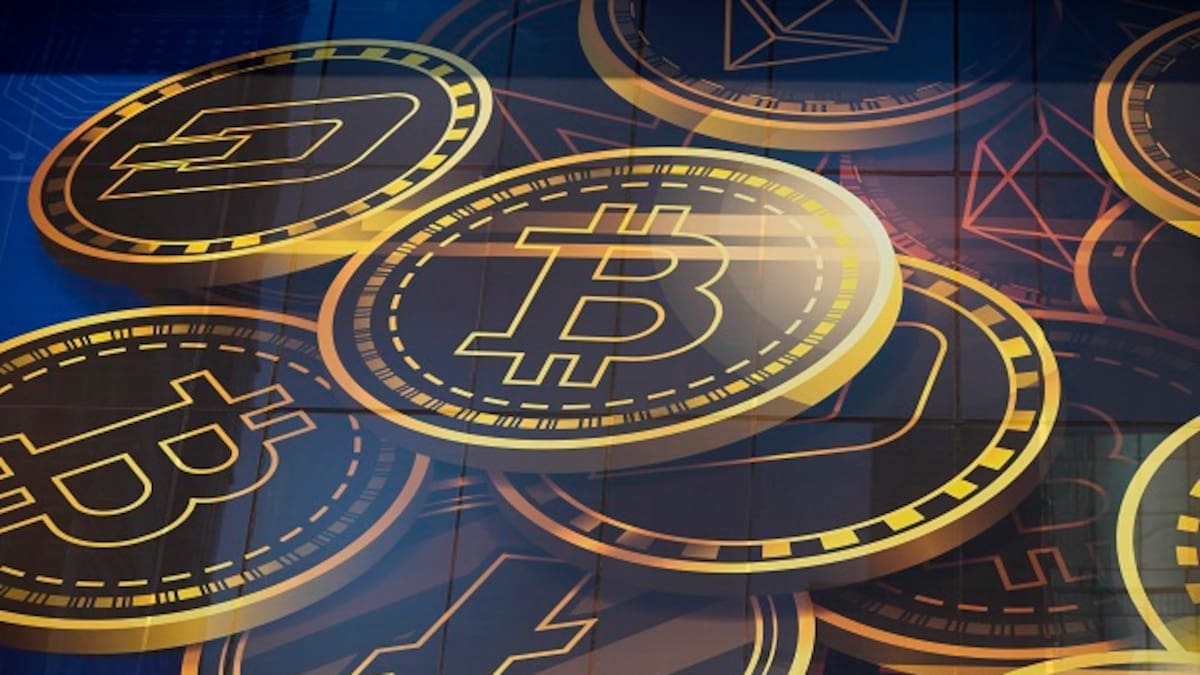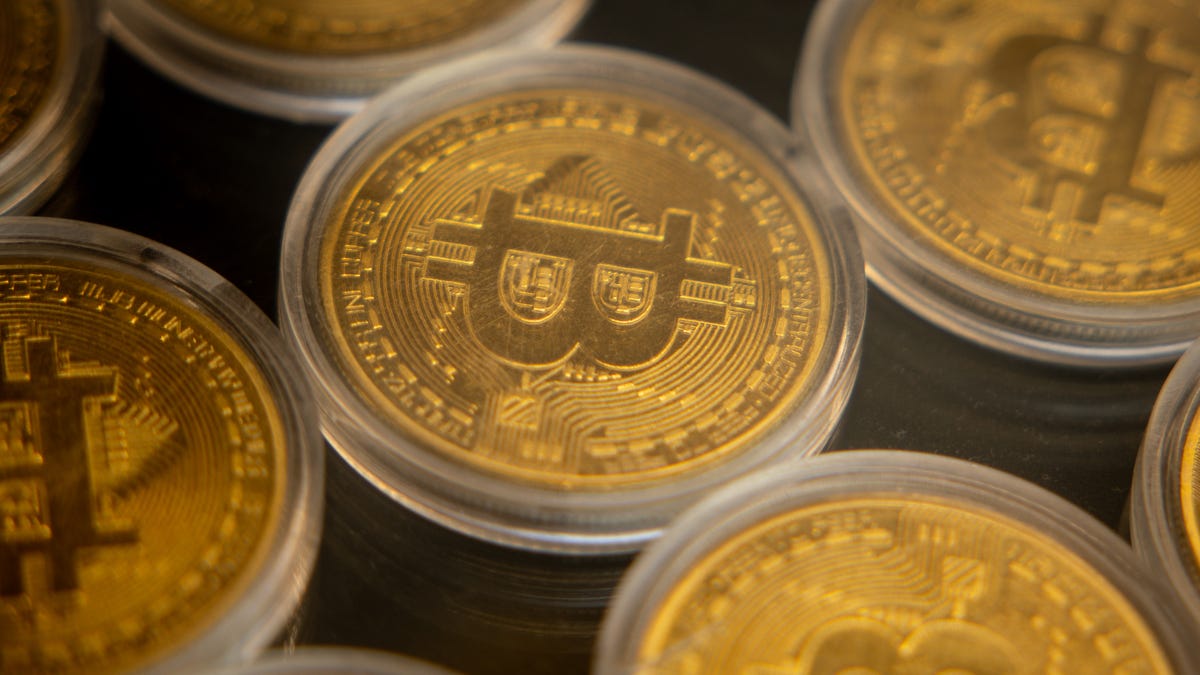Crypto
Brazil's Congress moves towards imposing higher cryptocurrency taxes

As per the legislation, the adjustments are only applicable to cryptocurrency exchanges without offices in Brazil. Through the added regulations, local exchanges could be a less costly option for some investors, especially for those with earnings above the top tax bracket. Moreover, the law could increase cryptocurrency exchange activity at a national level, while also drawing foreign investors to establish offices in Brazil.
Some of the global cryptocurrency exchanges that operate in Brazil include Binance, Coinbase, Bitso, and Crypto.com, along with local participants such as Mercado Bitcoin and Foxbit.
Cryptocurrency regulations in Brazil
Considering the growth of the cryptocurrency market, Brazil’s officials have imposed several new regulations, including a decree from June 2023 which clarifies the roles of the country’s central bank and securities regulator in cryptocurrencies. The rules were established based on a law imposed in December 2022, which determines a crime of fraud involving virtual currencies, with a penalty of four to six years in jail plus a fine. A virtual service provider licence, which must be requested by digital asset companies, as well as exchanges and trading intermediaries, has also been included, as digital assets that are considered securities must be supervised by the Brazilian Securities and Exchange Commission.
Back in February 2022, Brazil legislators laid the basis to regulate the cryptocurrency market, passing a bill that provides guidelines for virtual assets. Through the implementation of cryptocurrency regulations, Brazil would also be part of other countries in the region setting procedures for overseeing the developing asset class.
Latin America has seen overall growth in the penetration of cryptocurrencies in recent years, mostly due to high inflation levels, political instability, and the lack of availability of traditional banking services.

Crypto
Coinbase Global Stock (COIN) Prepares for S&P 500 Listing With 16% Spike

Cryptoeconomy enabler Coinbase Global (COIN) rallied 16% over the past five days to celebrate its public listing on the S&P 500 index, scheduled for next week.
Coinbase’s addition to the S&P 500 marks a historic milestone as the first cryptocurrency exchange included in the index, symbolizing a step toward mainstream acceptance of crypto. This move is expected to boost institutional interest and attract new capital, especially through passive funds that must buy S&P 500 components, effectively making Coinbase and, by extension, Bitcoin (BTC), a “must-own” investment.
However, while rosy developments are nice to see for existing shareholders, I remain neutral on the stock due to risks like potential overvaluation, declining earnings, revenue concentration, and increasing competition.
Bernstein analyst Gautam Chhugani, who holds a Buy rating on Coinbase, estimates that its inclusion in the S&P 500 could attract approximately $16 billion in passive and active fund inflows, potentially boosting the stock further. However, with Coinbase’s market capitalization already having surged by $10 billion, much of this anticipated inflow may be priced in. The focus now shifts to the company’s underlying fundamentals.
Coinbase earns revenue through transactions, subscriptions, and services, mostly coming from transaction fees such as spreads and retail trading fees. In its Q1 2025 earnings report published earlier this month, Coinbase saw a 10% decline in trading volume, leading to total revenue of $2 billion—a 10% drop quarter-over-quarter—and transaction revenue falling 19% quarter-over-quarter to $1.3 billion.
The company attributed this decline to crypto market volatility and ongoing uncertainty. Ultimately, much of Coinbase’s performance remains closely linked to the health and activity of the cryptocurrency market.
Widespread adoption of cryptocurrency will inevitably require government involvement. Crypto enthusiasts hoped President Donald Trump, a vocal supporter of cryptocurrencies, would help legitimize the space. However, meaningful legislation has yet to materialize, and Trump’s so-called “Strategic Bitcoin Reserve,” which doesn’t involve actual cryptocurrency purchases, fell short of expectations.
Crypto
How the shocking kidnapping attempt on crypto CEO's daughter in broad daylight in Paris shows the BIG Crypto problem in Europe – The Times of India

A disturbing trend of kidnappings and extortion attempts targeting cryptocurrency firms and their owners is sweeping across France and other European Union nations, prompting urgent calls for increased governmental protection for individuals within the burgeoning digital asset industry. Authorities are increasingly convinced that these brazen attacks are orchestrated by organized criminal groups employing a chilling new tactic: targeting the families of wealthy cryptocurrency investors and business executives.The core tenet of cryptocurrency ownership, “not your keys, not your coins,” which emphasizes individual control over digital assets as a security measure against online theft, has inadvertently created a new vulnerability in the physical world. While storing cryptocurrency in “cold wallets” (offline storage) can safeguard against remote hacking, it exposes holders to the “$$$5 wrench problem” – the threat of physical coercion to surrender private keys and, consequently, their digital fortunes. Now, cryptocurrency industrialists and their families are finding themselves alarmingly susceptible to this very scenario.
Disturbing trend of family kidnappings
The latest incident unfolded in broad daylight in Paris, where a masked gang attempted to abduct the daughter of Pierre Noizat, the CEO of prominent French cryptocurrency firm Paymium, from a public street. This terrifying event marks at least the third such attack in France in recent months, signaling a dangerous escalation. In January, the co-founder of another leading French crypto company, Ledger, and his wife were brutally kidnapped. Then, in May, the father of a crypto company head was snatched. While all victims in these prior incidents were eventually rescued, both kidnapped fathers tragically suffered the amputation of a finger.In the most recent attack, the husband of Pierre Noizat’s daughter bravely fought off the assailants, sustaining a fractured skull in the process, before managing to flee after a quick-thinking shop owner intervened, chasing the attackers away with a fire extinguisher. Reports from Ars Technica indicate that similar attacks have occurred in Belgium and Spain in recent months, suggesting a coordinated effort across multiple European nations. Law enforcement agencies across the continent are actively investigating several of these cases, with growing suspicion that they are linked to sophisticated organized crime networks.In a bid to deter further attacks, investors within the cryptocurrency industry are actively working to raise awareness among criminals about the inherent traceability of most cryptocurrency transactions. While attackers may operate under the misconception that they can coerce victims’ families into transferring digital assets to untraceable wallets, the reality is more complex. Cryptocurrency transactions, even those involving privacy-focused coins, leave a digital trail that can be followed by skilled investigators. Indeed, police forces have successfully tracked and apprehended numerous individuals involved in these recent kidnapping and extortion attempts, demonstrating the limitations of anonymity in the blockchain ecosystem. The industry hopes that highlighting these successful arrests and the inherent risks of cryptocurrency-based extortion will serve as a deterrent.French Interior Minister Bruno Retailleau addressed the growing concerns this week, stating his intention to meet with French cryptocurrency entrepreneurs to discuss and encourage enhanced personal security measures. However, as of yet, there has been no concrete indication of broader governmental action or the provision of dedicated protection beyond these verbal assurances.For individuals holding their own cryptocurrency investments, these events serve as a stark reminder that while safeguarding digital assets offline can mitigate the risk of hacking, it does not eliminate the threat of real-world exploitation. In this evolving landscape of crypto-related crime, discretion and privacy regarding one’s holdings are proving to be increasingly vital. The most prudent strategy, security experts advise, is to maintain a low profile about one’s wealth and potential cryptocurrency holdings, as those unaware of your financial status are less likely to target you for extortion.
Crypto
Wellington man arrested in $450m international cryptocurrency scam

A Kiwi has been arrested in an FBI probe into a criminal group that stole cryptocurrency valued at US$265 million ($450m). Photo / Kin Cheung
- A Wellington man was arrested in an FBI probe into a US$265 million cryptocurrency theft.
- Police allege the group laundered funds through multiple platforms and bought luxury items with the proceeds, including $9 million in exotic cars.
- The man faces charges of racketeering, conspiracy to commit wire fraud, and money laundering.
A Wellington man has been arrested as part of an FBI investigation into an organised criminal group that stole cryptocurrency valued at US$265 million ($450m).
The cryptocurrency is alleged to have been fraudulently obtained by manipulating seven victims and was subsequently laundered through multiple cryptocurrency platforms, according to police.
This occurred between March and August 2024.
“Over the past three days, search warrants have been executed in Auckland, Wellington, and California with several people arrested, including one in New Zealand. A total of 13 people are facing charges,” police said in a statement.
-

 Austin, TX1 week ago
Austin, TX1 week agoBest Austin Salads – 15 Food Places For Good Greens!
-

 Technology1 week ago
Technology1 week agoNetflix is removing Black Mirror: Bandersnatch
-

 World1 week ago
World1 week agoThe Take: Can India and Pakistan avoid a fourth war over Kashmir?
-

 News1 week ago
News1 week agoReincarnated by A.I., Arizona Man Forgives His Killer at Sentencing
-

 News1 week ago
News1 week agoWho is the new Pope Leo XIV and what are his views?
-

 Entertainment1 week ago
Entertainment1 week agoReview: 'Forever' is a sweet ode to first love (and L.A.) based on Judy Blume's novel
-

 News1 week ago
News1 week agoEfforts Grow to Thwart mRNA Therapies as RFK Jr. Pushes Vaccine Wariness
-

 Politics1 week ago
Politics1 week agoDepartment of Justice opens criminal investigation into NY AG Letitia James


















